To mark the 30th Anniversary of World Haemophilia Day, Sobi™ have released the 2020 Haemophilia Index which examines the quality of life for people with haemophilia in Europe, and the reach of humanitarian aid across the globe.
The index revealed the following results:
European haematologists report high levels of treatment satisfaction and physical activity among people with severe haemophilia, showing that with access to appropriate treatment, they are able to live active lives.
In Europe, Italy reports the highest levels of physical activity among people living with severe haemophilia, while Germany indicates the highest quality of life. Both Switzerland and Sweden report the greatest patient satisfaction levels.
Globally, half of the countries featured in the study rely entirely on the World Federation of Hemophilia Humanitarian Aid Program to provide medication for haemophilia treatment.
The Haemophilia Index is a two-part study, comprising of a European survey examining quality of life for people with severe haemophilia in Europe, and a global index looking into the far-reaching effects of humanitarian aid1,2. Combined, the two sections of the Haemophilia Index reveal the differences in opportunities available for people living with haemophilia in countries around the world.
"Just like anybody else, people living with haemophilia should have the right to pursue the opportunities they desire in life no matter where they live. At Sobi, we are proud to be working with the community to help patients reach for the many possibilities that advances in care have allowed," said Philip Wood, Head of Haematology at Sobi.
Over the past five years, 17,223 patients have received treatment through the WFH Humanitarian Aid Program as a direct result of the donations provided by Sobi and Sanofi Genzyme. Nearly 1,400 people with haemophilia have initiated prophylactic treatment, of which 441 were under the age of four.
"As 2020 marks the 30th anniversary of World Haemophilia Day, it is our hope that this study can illustrate the progress that has been made in managing the condition so far, while also drawing attention to areas we can work to improve as a community," concluded Philip Wood.
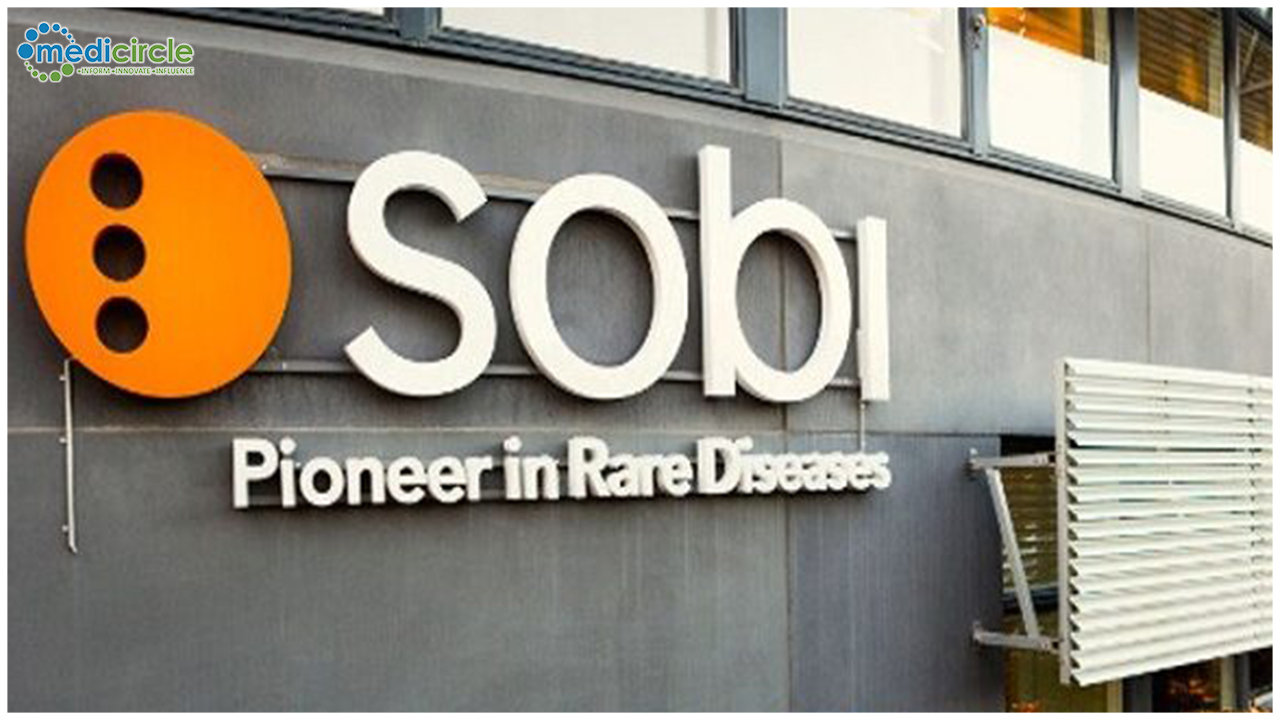
 Over the past five years, 17,223 patients have received treatment through the WFH Humanitarian Aid Program as a direct result of the donations provided by Sobi and Sanofi Genzyme. Nearly 1,400 people with haemophilia have initiated prophylactic treatment, of which 441 were under the age of four.
Over the past five years, 17,223 patients have received treatment through the WFH Humanitarian Aid Program as a direct result of the donations provided by Sobi and Sanofi Genzyme. Nearly 1,400 people with haemophilia have initiated prophylactic treatment, of which 441 were under the age of four.








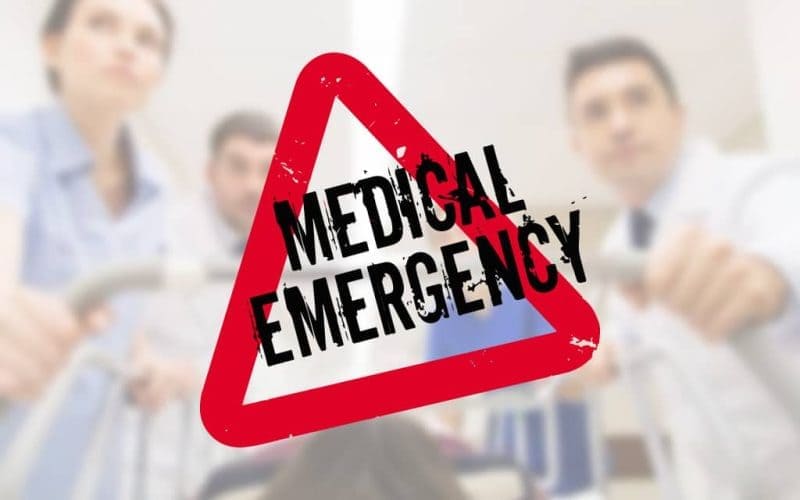
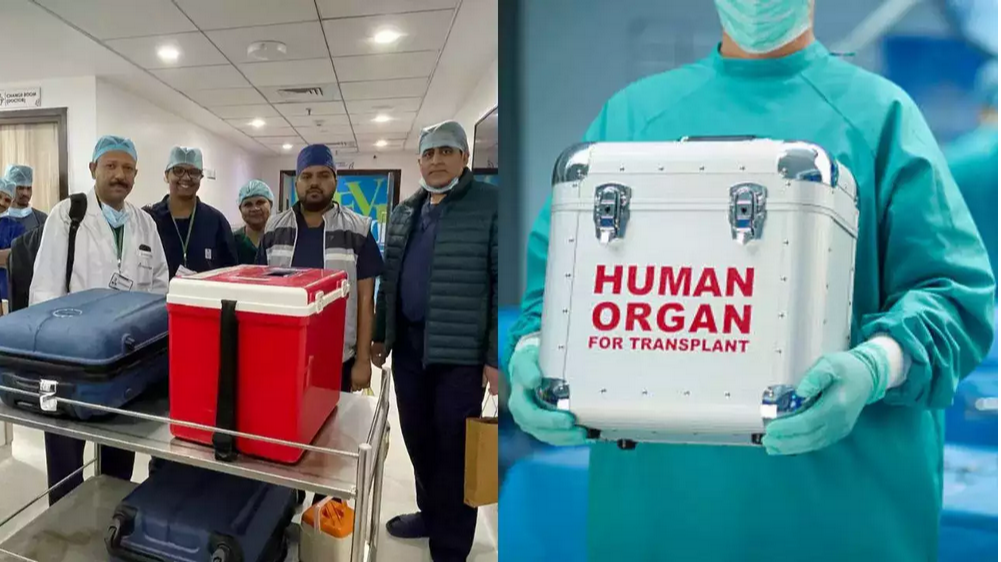
.jpg)
.jpg)
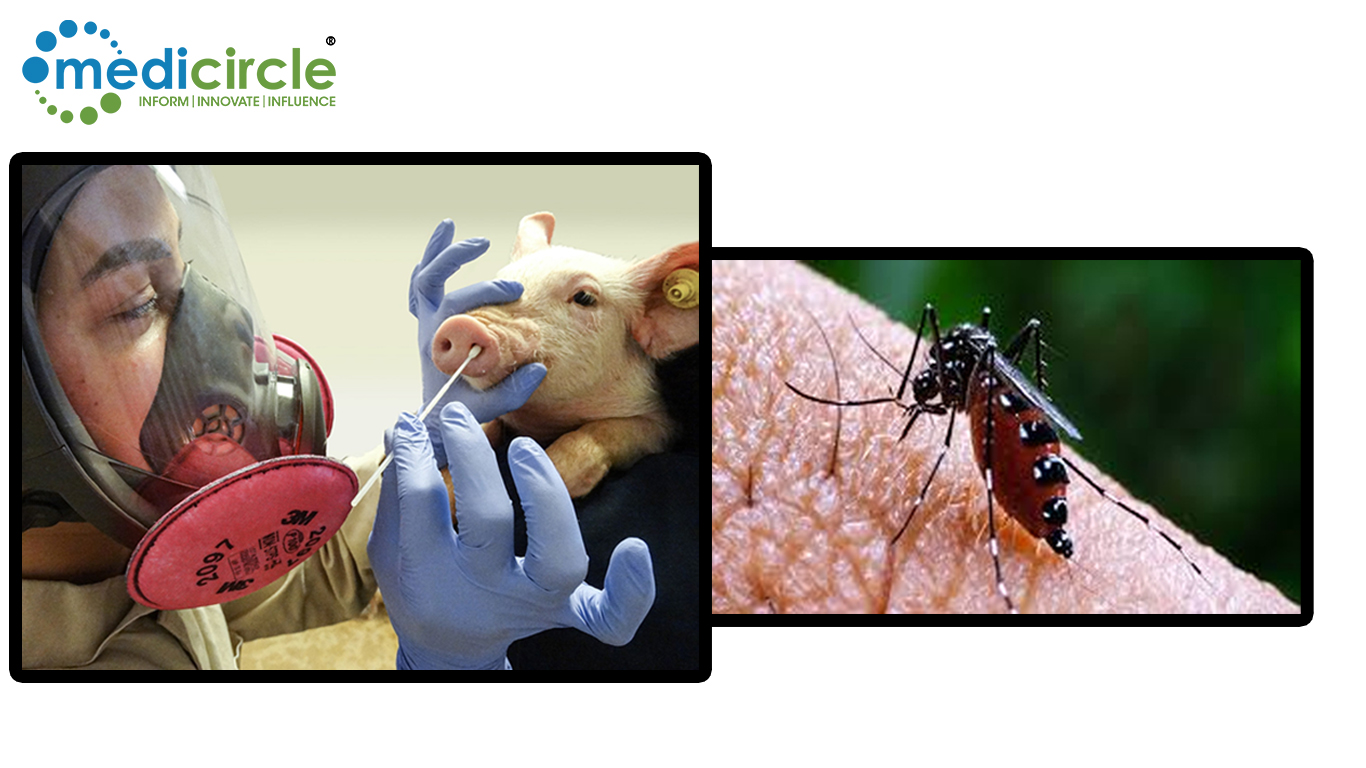
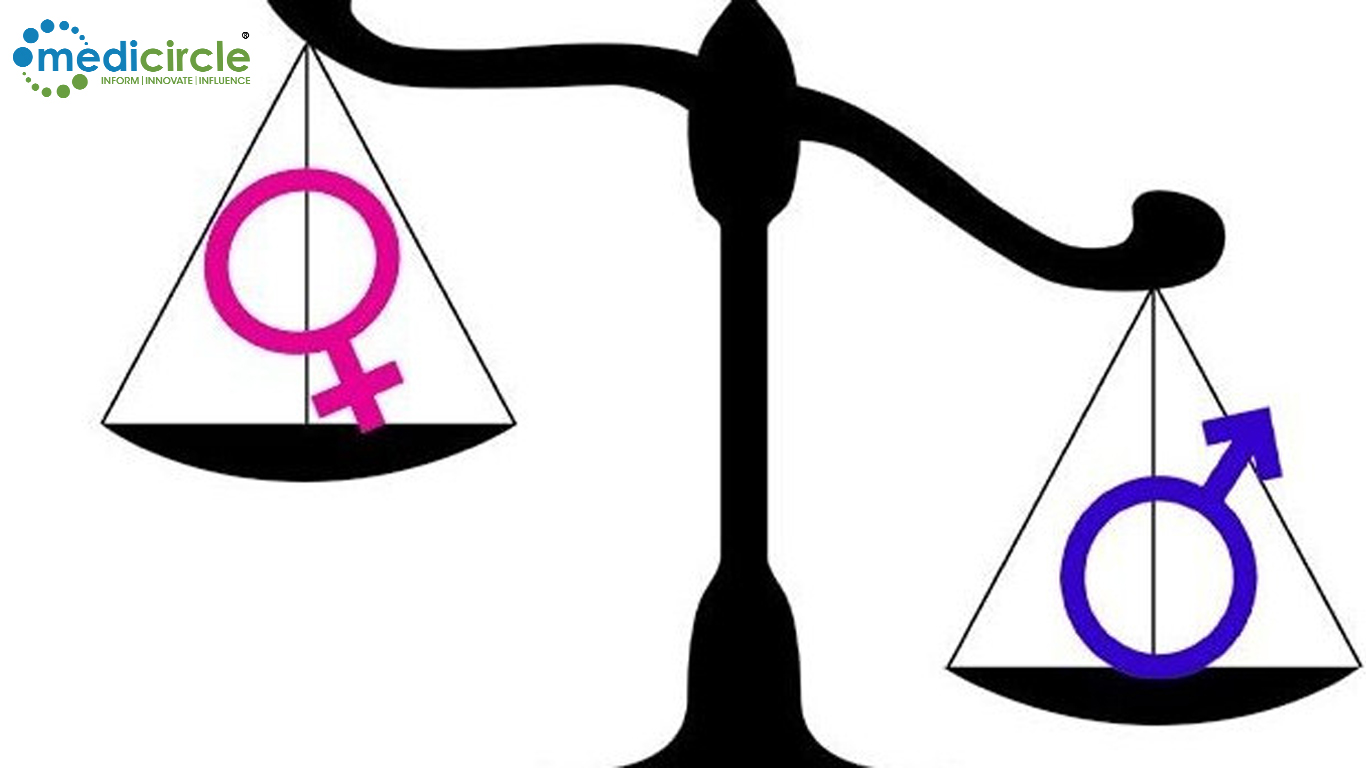
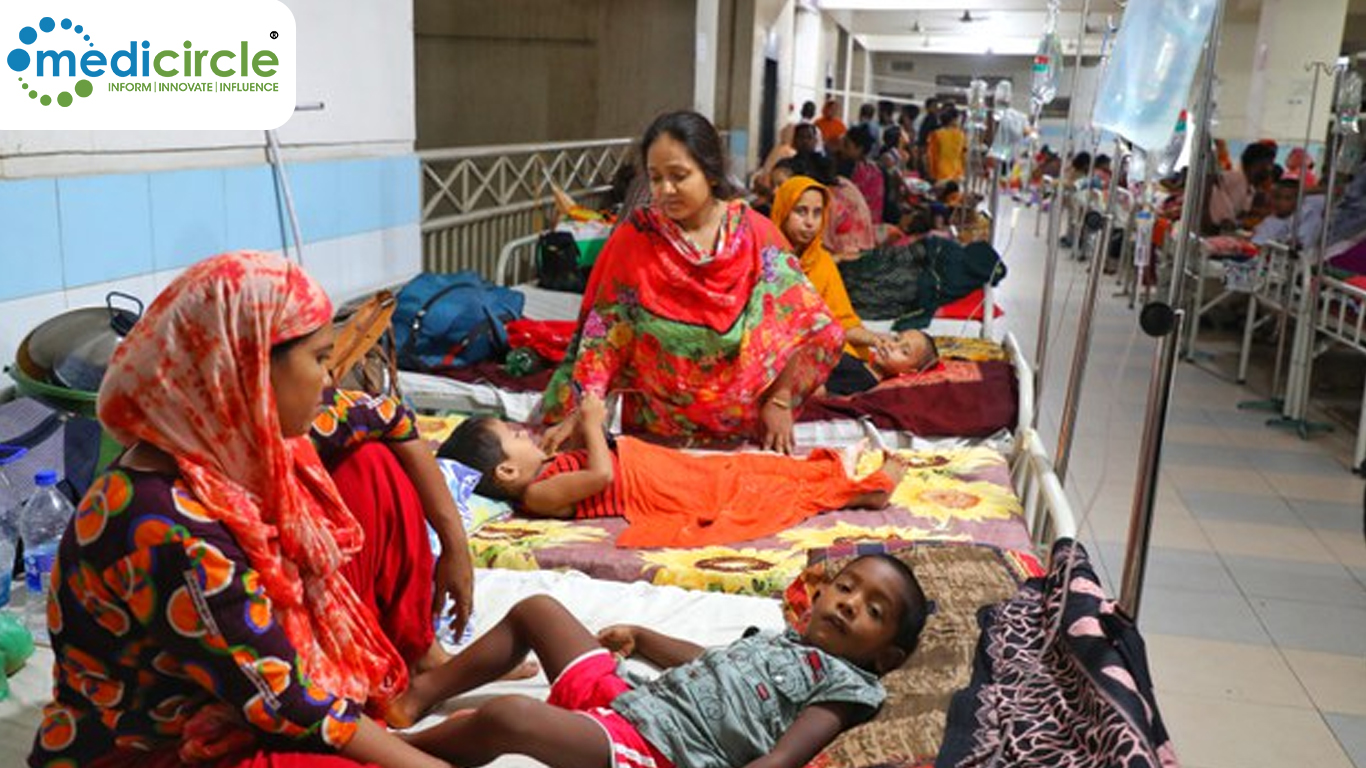
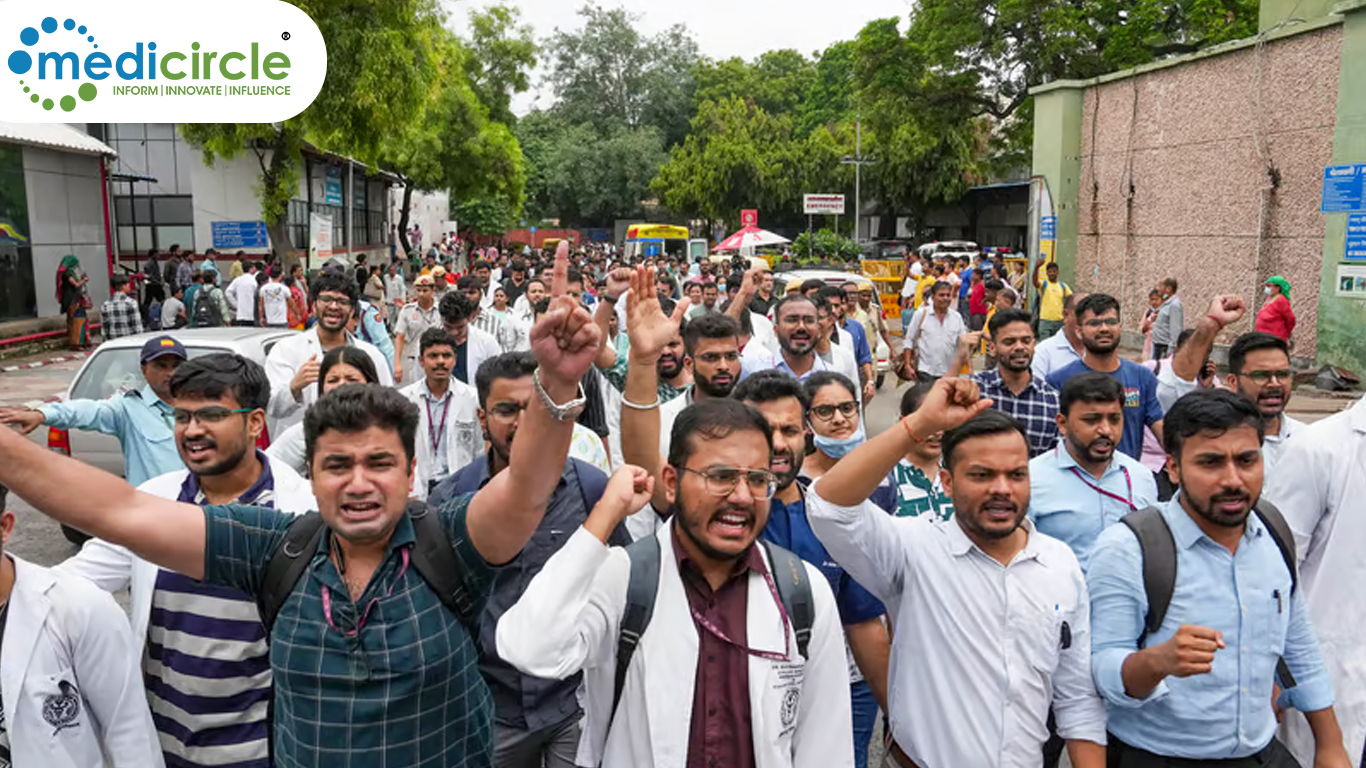





.jpeg)

.jpeg)










.jpg)




.jpg)

